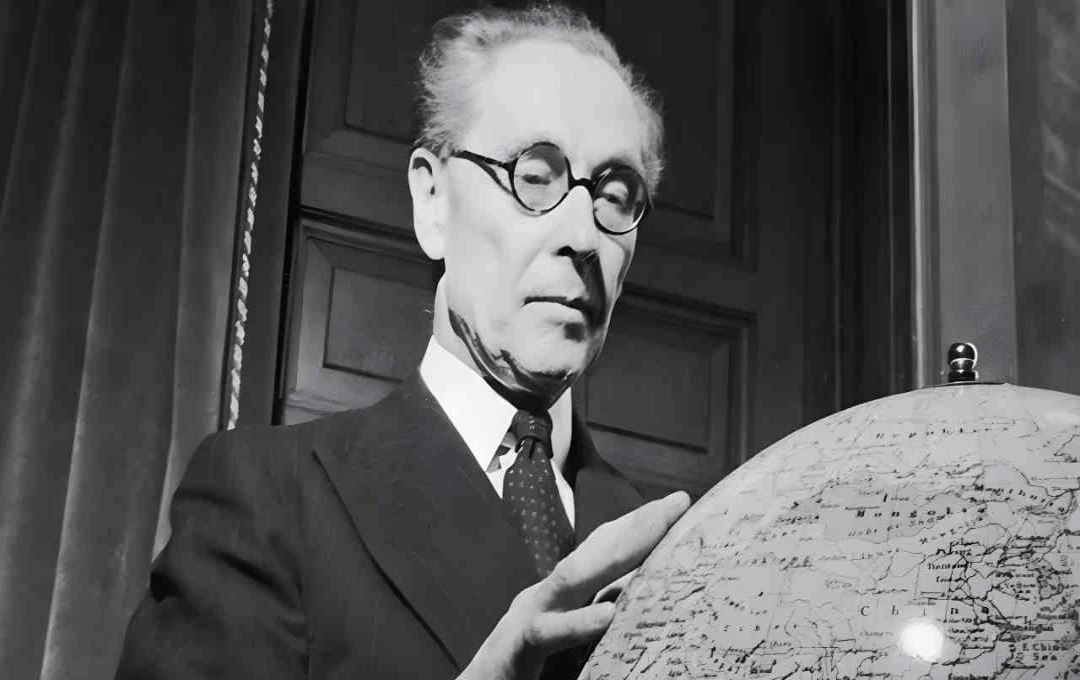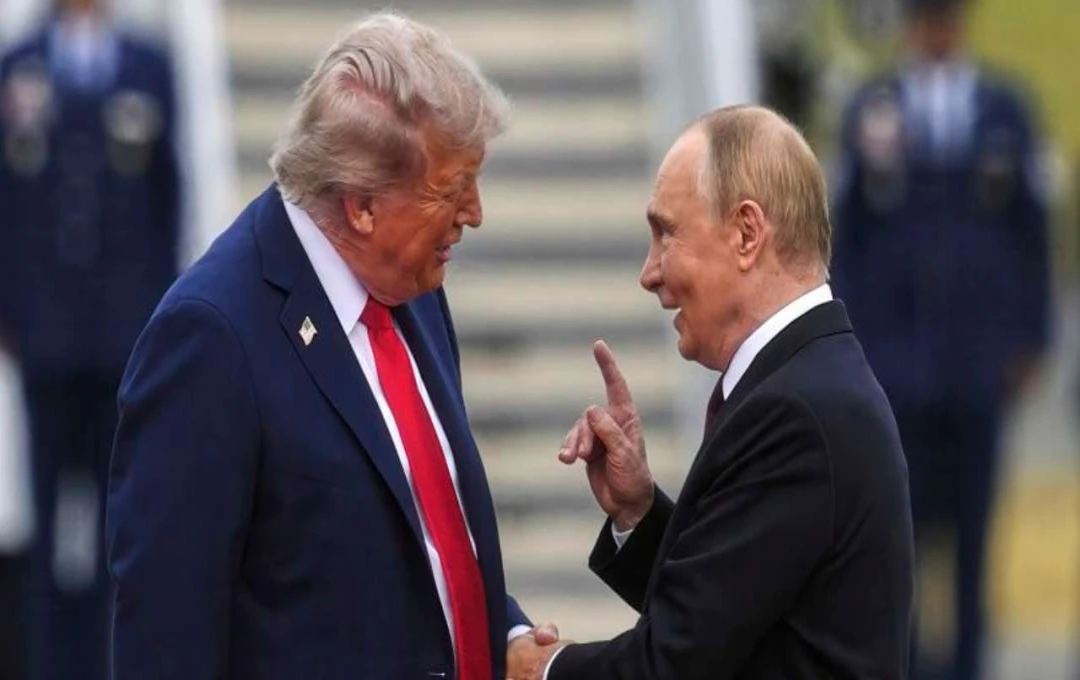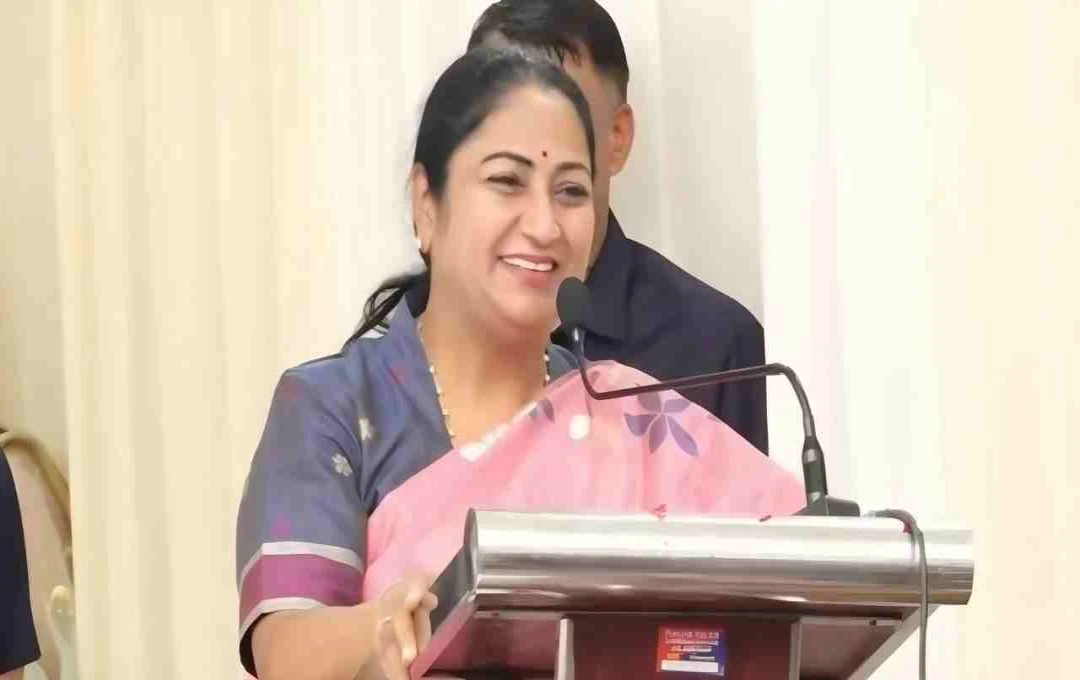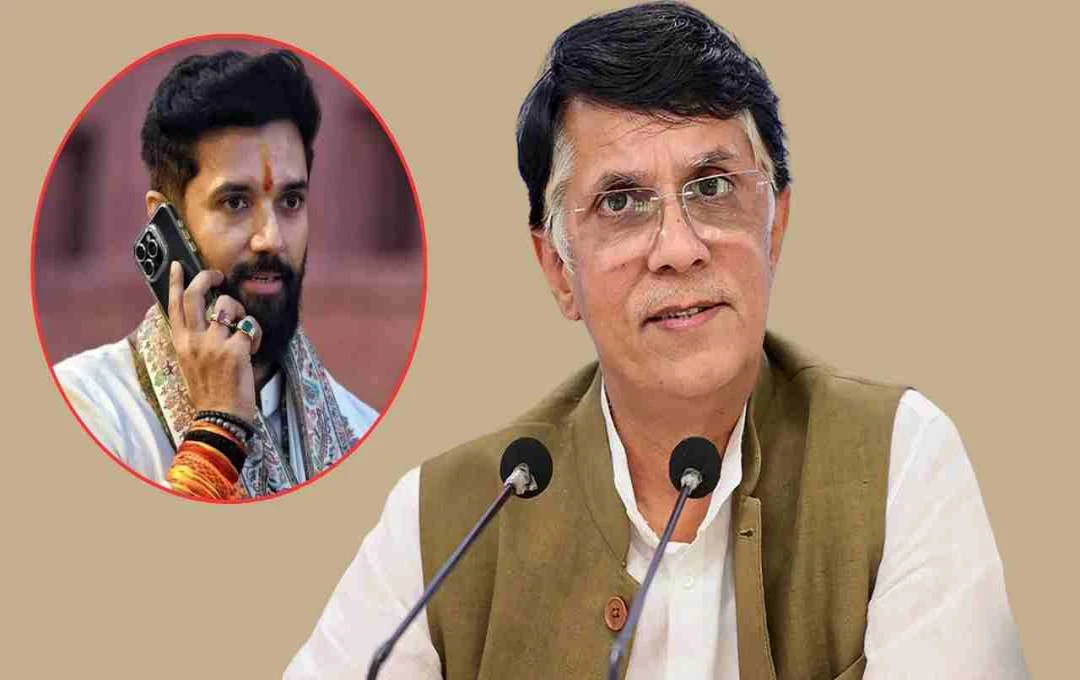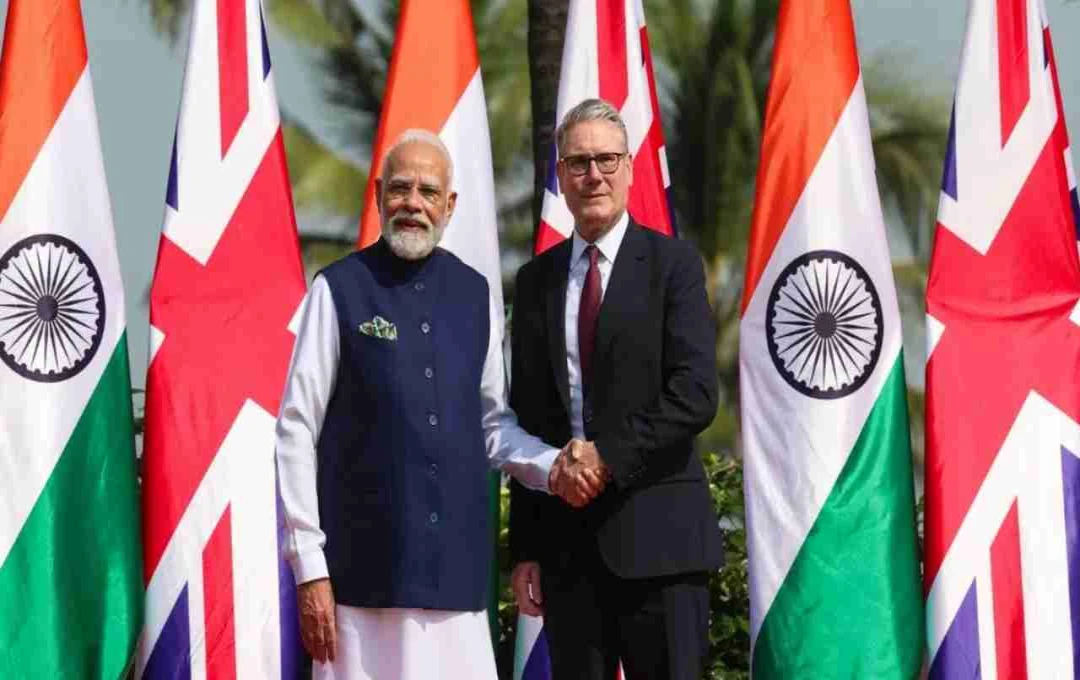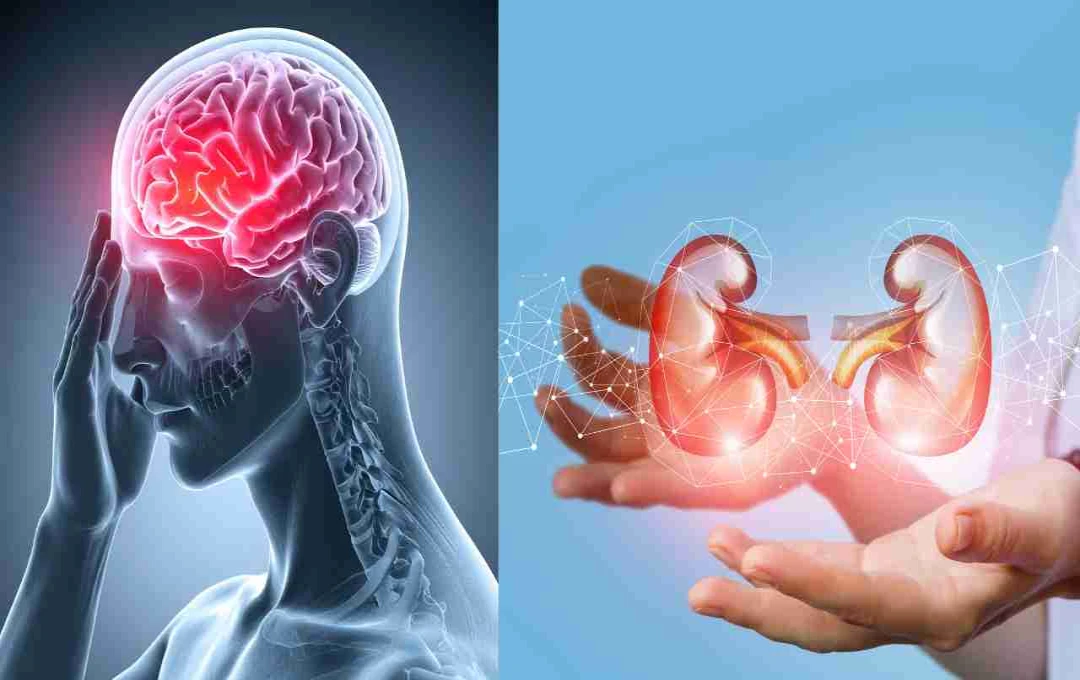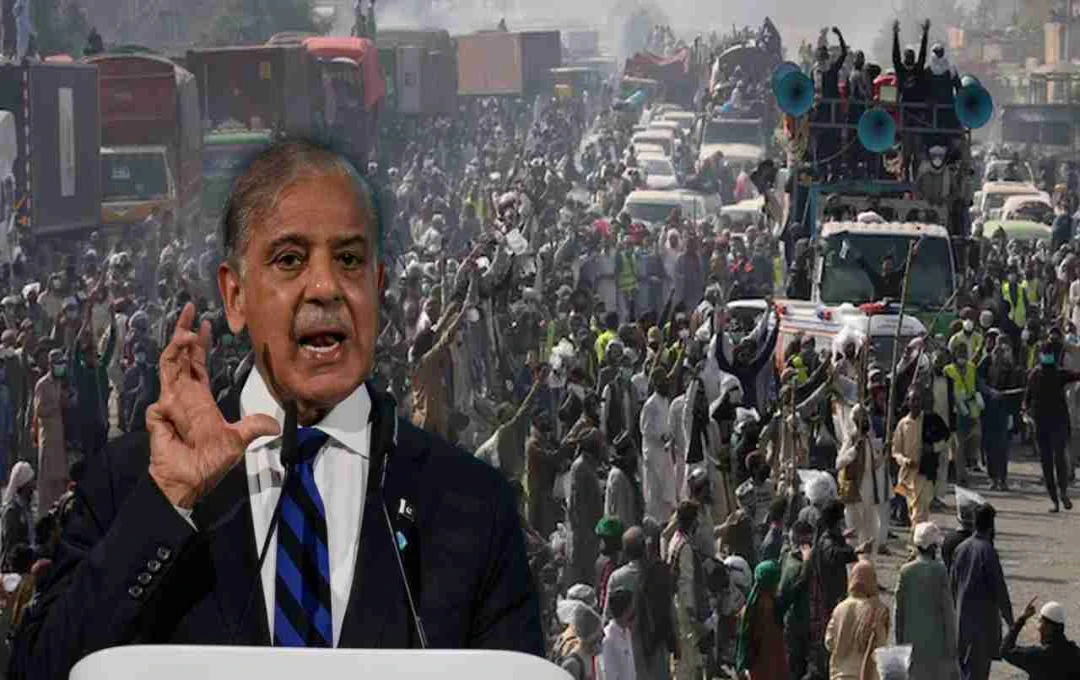Philip Noel-Baker is the only athlete in history who set an example in both sports and humanity. He created a unique world record by winning an Olympic medal in 1920 and the Nobel Peace Prize in 1959.
Nobel Peace Prize and Olympic Medal: The great London player Philip Noel-Baker made history in both the world of sports and global peace. After winning a silver medal at the Olympics in 1920, he received the Nobel Peace Prize in 1959. Baker was awarded this honour for his anti-war efforts and service to humanity, making him the only sportsperson in the world to achieve both supreme accolades.
Made History in Both Sports and Peace
Philip Noel-Baker is the only athlete in the world who left an indelible mark in both sports and humanity. He brought pride to Britain by winning a silver medal at the Olympic Games in 1920, and four decades later, in 1959, he etched his name in golden letters in world history by receiving the Nobel Peace Prize.
Baker's achievement is particularly special because he proved that sportsmanship and social responsibility are complementary. While on the field he was an example of competition, in life he established an ideal for the world by working for struggle, justice, and peace.
Born in London, Excellent in Both Academics and Sports
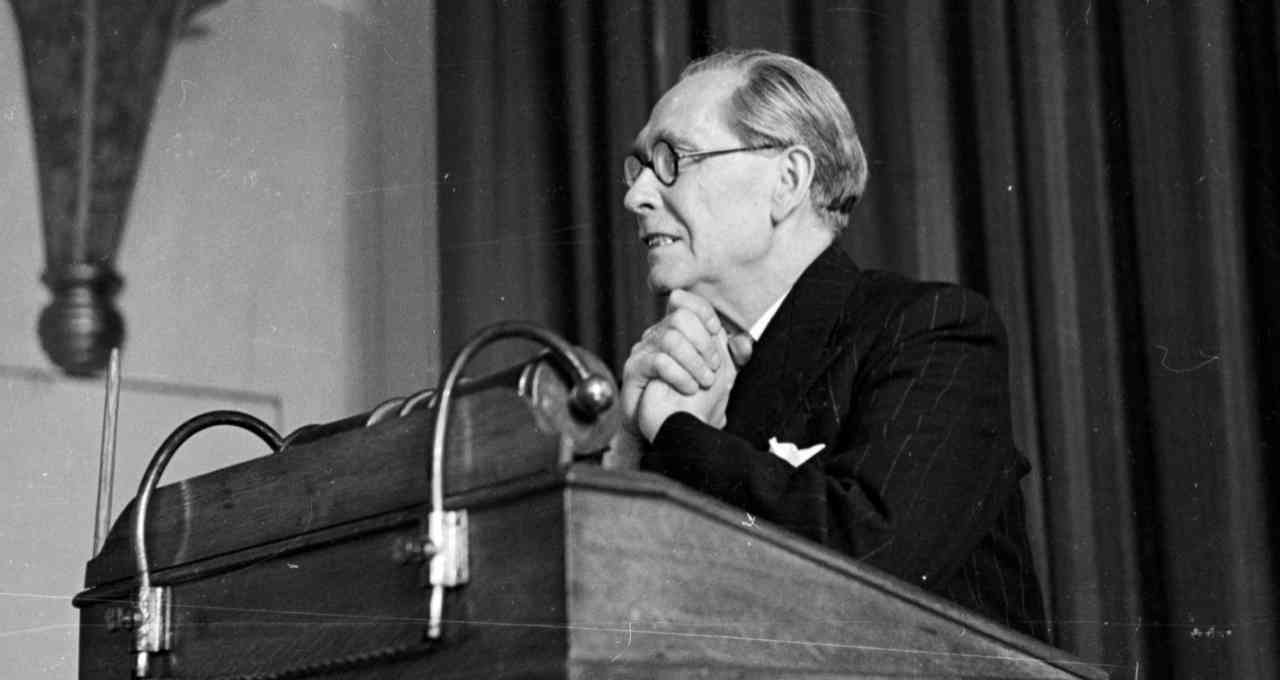
Philip Noel-Baker was born in London on November 1, 1889. He received his M.A. degree from Cambridge University in 1913. Despite being a student of history and economics, he remained equally active in sports alongside his studies and, through his hard work, became one of the university's best athletes.
During his studies at Cambridge, he participated in numerous athletic competitions and won several titles. His dedication and fitness soon led him to the British Olympic team, where his extraordinary sporting career began.
Competed in Two Olympics, Won a Silver Medal
Philip Noel-Baker represented Great Britain in the 1912 and 1920 Olympic Games. In the 1912 Stockholm Olympics, he performed admirably by reaching the final of the 1500-meter race but narrowly missed out on a medal.
However, eight years later, in the 1920 Antwerp Olympics, he made a spectacular comeback. In the 1500-meter race, Baker impressed the spectators with his speed and composure, securing the silver medal by a mere one-second margin. This achievement cemented his position among Britain's leading athletes.
From Sports to Politics and Then the Path of Peace
After retiring from sports, Philip Noel-Baker dedicated his life to humanitarian and peace efforts. He established several organizations for the peaceful resolution of wars and refused military service during World War I. Instead, he served as a volunteer in a British ambulance unit in Italy.
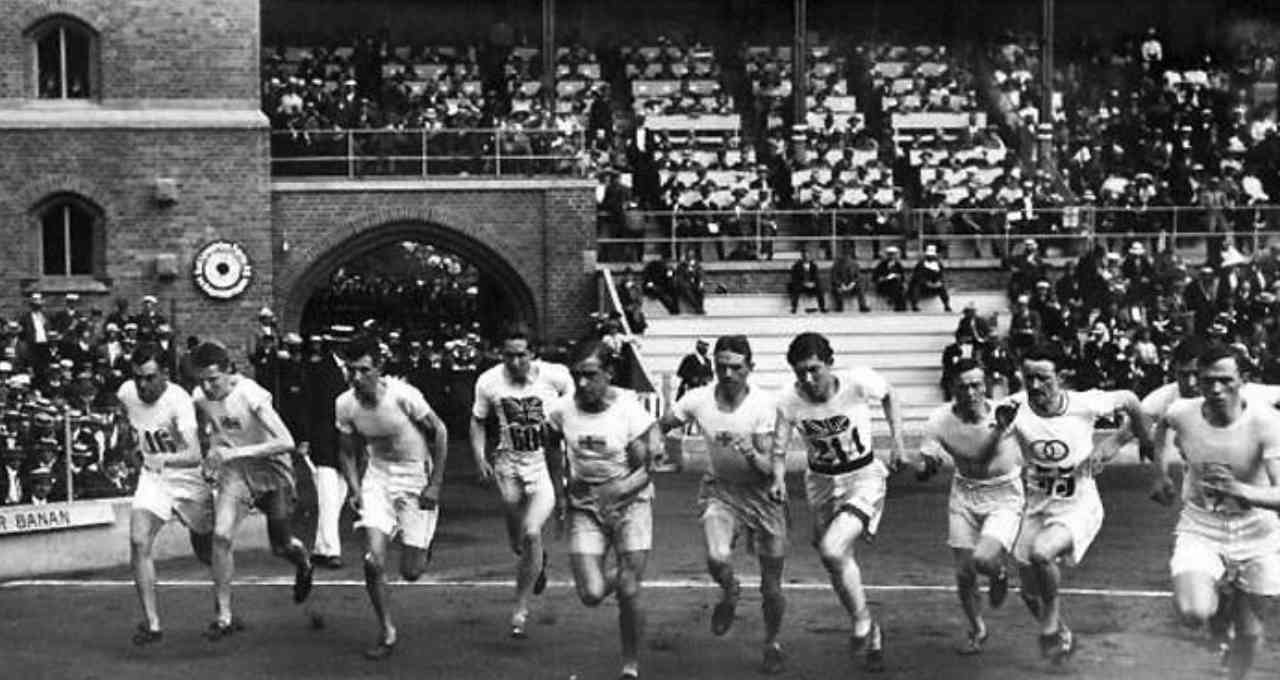
Later, he held several responsible roles within the United Nations (UN) and made significant contributions to global peace efforts. His leadership and ideas guided war-torn nations towards peace and coexistence, which are remembered as his legacy to this day.
Left a Deep Mark in Politics and Writing Too
Philip Noel-Baker was not merely an athlete or a peace-worker, but also a visionary politician. He served as a Member of Parliament in the British Parliament for 36 years, first elected from Coventry in 1929. In politics, his focus always remained on international cooperation and disarmament.
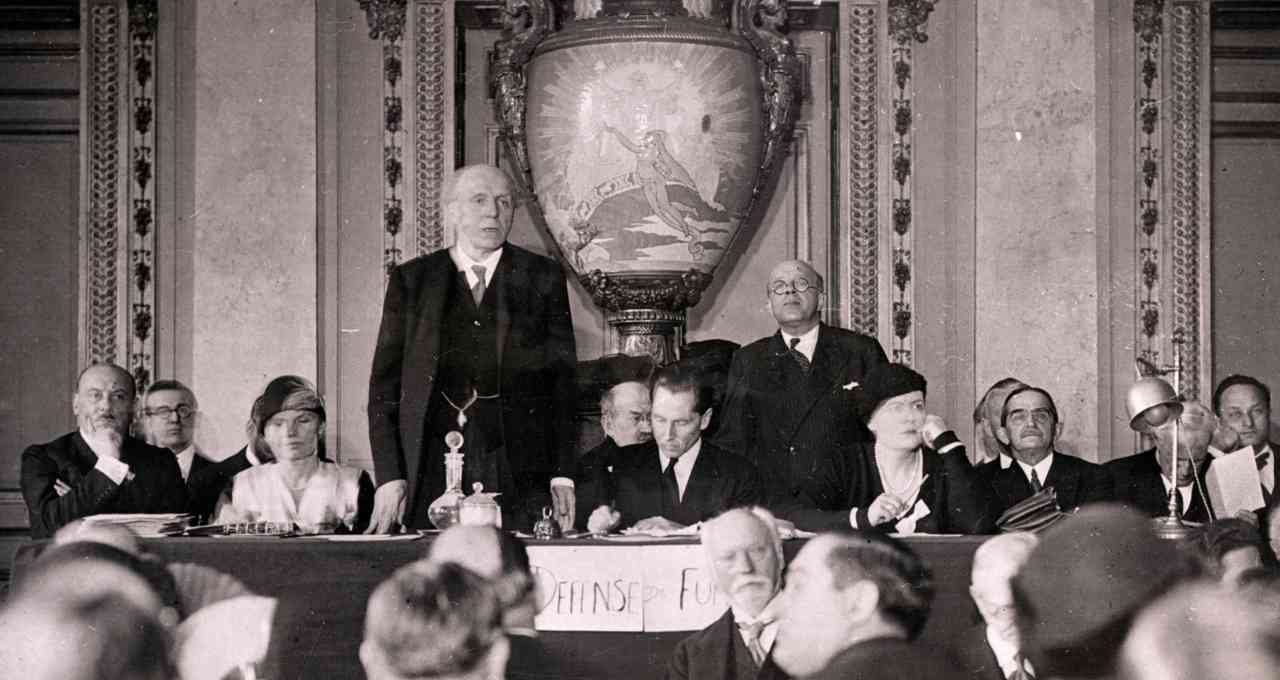
Furthermore, he authored two significant books — “The League of Nations at Work” (1926) and “Disarmament” (1934) — in which he presented profound thoughts on global peace and diplomacy. These works established him as a thoughtful writer and a guide to global peace.
Immortalized by the Nobel Peace Prize
In 1959, Philip Noel-Baker was awarded the Nobel Peace Prize. This prize was given to him for his remarkable contributions to the League of Nations, the United Nations, and war refugees. He remains the first and only Olympian to date to have received this honour.
Even after receiving the Nobel honour, he continued his work, advocating for peace against war and violence until the final years of his life. He passed away in London on October 9, 1982, but his ideas and work continue to inspire future generations to this day.
